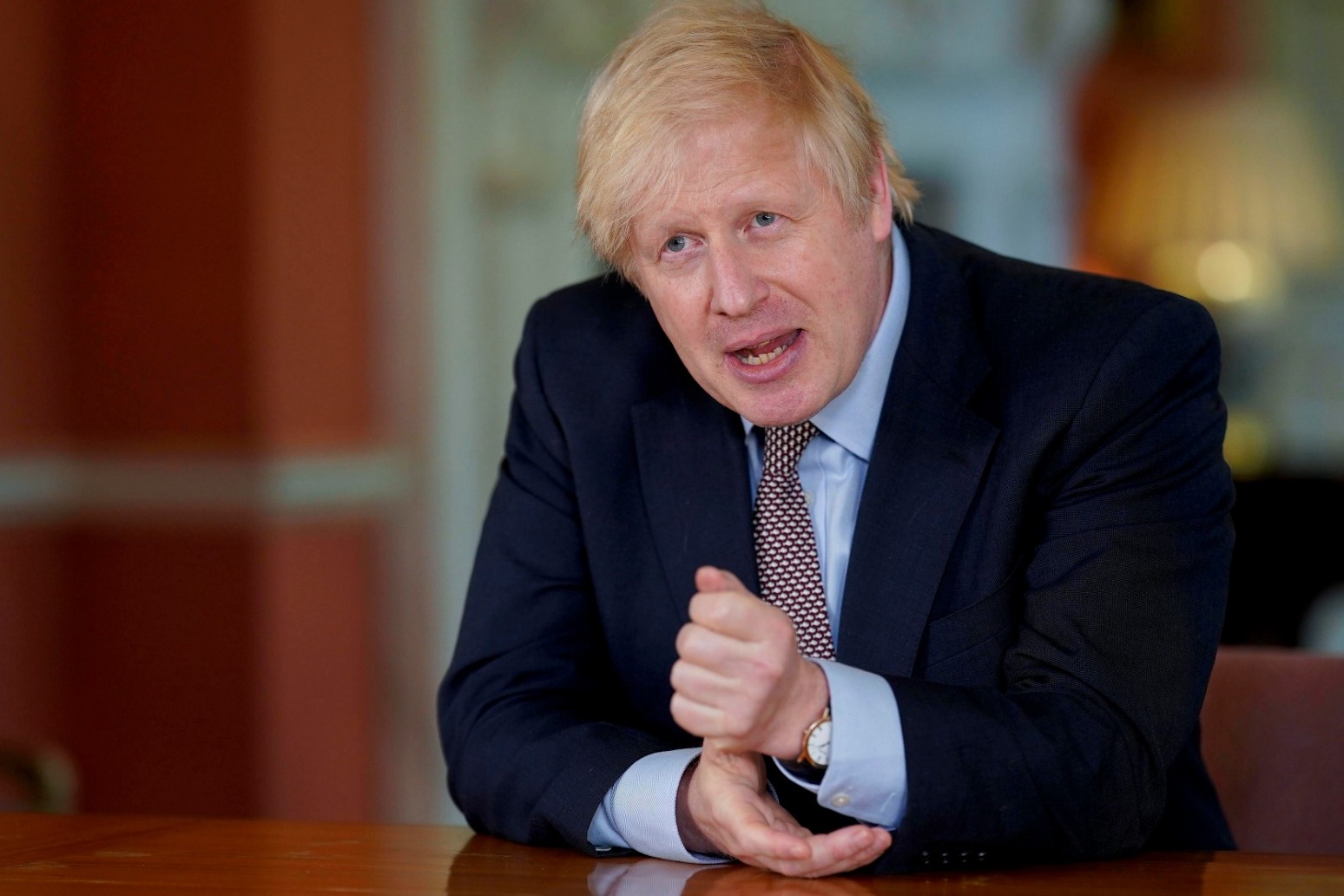
Johnson makes minor changes to UK lockdown
Boris Johnson has said schools and non-essential shops will remain shut in England until at least June because the coronavirus transmission rate is still too high
But the Prime Minister said people who cannot work from home should be "actively encouraged" to return to their jobs from Monday and granted unlimited exercise in England from Wednesday.
Mr Johnson outlined "the first sketch of a road map", with a new alert system to determine when aspects of the economy and social lives can be restarted as he tries to limit the damage.
But before his address to the nation on Sunday evening, he provoked a row with the leaders of Scotland, Wales and Northern Ireland over his new "stay alert" slogan.
Scottish First Minister Nicola Sturgeon warned the messaging could be "catastrophic", as each of the devolved administrations said they would keep using the stronger "stay home" slogan.
After official figures suggested the UK death toll passed 36,800, Mr Johnson offered "the shape of a plan" to ease the lockdown he imposed on March 23.
He gave five phases of a "Covid alert level" that will be primarily influenced by the rate of transmission, or R, which he said is between 0.5 and 0.9 "but potentially just below one".
"No, this is not the time simply to end the lockdown this week," he said. "Instead we are taking the first careful steps to modify our measures."
The PM said he believes England may be in a position "to begin the phased reopening of shops" and get primary pupils back to school in steps staggered by year groups "at the earliest by June 1".
And he said the ambition is to get secondary pupils facing exams next year to have "at least some time with their teachers before the holidays".
In the third step, "at the earliest by July", he said that ministers hope to re-open some of the hospitality industry, if the evidence supports the move and distancing can be enforced.
But in an easing of measures, he said the once-daily limit on outdoor exercise in England would end on Wednesday.
"You can sit in the sun in your local park, you can drive to other destinations, you can even play sports - but only with members of your own household," he said.
But while Ms Sturgeon said she did not want additional businesses to re-open and workers to resume their roles, the PM gave these steps the go-ahead in England.
Mr Johnson said that, from Monday, "anyone who can't work from home, for instance those in construction and manufacturing, should be actively encouraged to go to work".
But workers should avoid public transport "if at all possible" because "we must and will maintain social distancing", he added.
Mr Johnson said he was "serving notice that it will soon be the time" to impose quarantine on people flying into the UK "to prevent reinfection from abroad".
He confirmed a new "joint biosecurity centre" would run the alert system, in which he said the UK is ready to begin moving down into level three, with level one meaning the disease is no longer present.
Fines for anyone who breaks social-distancing rules will also be increased, and employers would be sent guidance to make workplaces "Covid secure".
One omission from his speech, was guidance over the use of face coverings to slow the spread of the disease and the reopening of garden centres, but the PM said he would set out more details in Parliament on Monday.
Chancellor Rishi Sunak was considering his next steps for the furlough scheme, which has seen the Treasury spend more than £8 billion paying salaries in order to prevent layoffs.
Other than the messaging, there is currently little difference in practise between the four nations, with Ms Sturgeon also ending the once-daily exercise rule from Monday.
Mr Johnson relaxed his slogan to "stay alert, control the virus and save lives" amid concerns that weeks of strong messaging to "stay home" had encouraged too many people to stop working.
Published: by Radio NewsHub